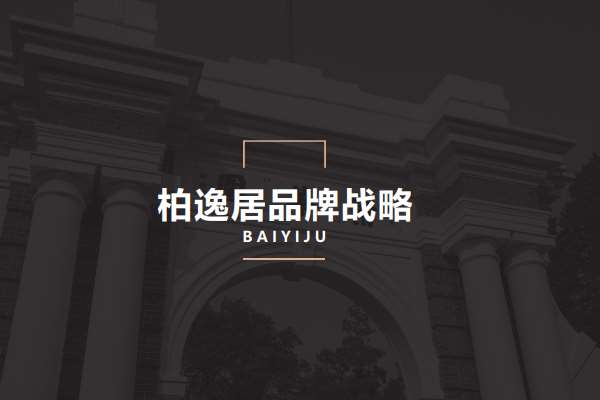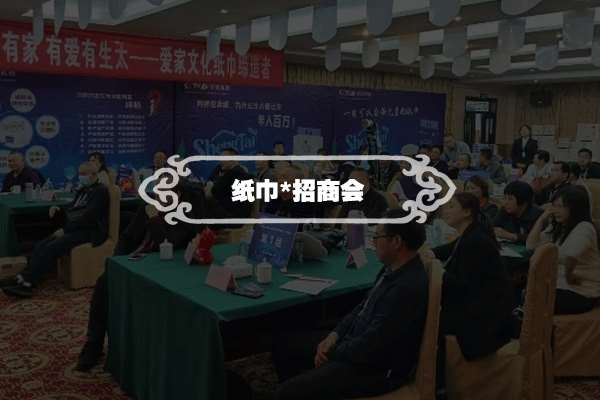Title: Estate Crowdfunding Business Model: An Overview
Introduction:
Estate crowdfunding is a unique and innovative approach to real estate investment, enabling individuals to collectively finance and benefit from various property projects. This article aims to explore the different business models involved in estate crowdfunding, highlighting their key features and potential advantages.
1. Equity-based Crowdfunding:
In this model, investors contribute funds to purchase equity in a specific real estate project. The ownership interest is directly proportional to the investment amount. Investors receive returns through rental income, property appreciation, or resale proceeds. This business model offers investors an opportunity for diversification, as they can invest in multiple properties with different risk profiles to build a real estate portfolio.

2. Debt-based Crowdfunding:
Under this model, investors provide loans to fund real estate projects, earning interest on their investment. The borrower utilizes the funds for property development or acquisition and repays the loan over a specified period. Debt-based crowdfunding offers investors a fixed income stream and reduced exposure to property market fluctuations. It also provides borrowers with accessible and affordable capital when traditional lending methods are restrictive.
3. Donation-based Crowdfunding:
This model involves raising funds through charitable or community-driven initiatives for the preservation or restoration of historic or culturally significant estates. Donors contribute without expecting monetary returns but rather seek to support a social cause or gain recognition. This business model fosters a sense of community engagement and creates opportunities for impactful projects that benefit society as a whole.
4. Reward-based Crowdfunding:

This model is commonly used for smaller-scale estate crowdfunding projects. The investors contribute funds and, in return, receive non-monetary rewards such as access to exclusive events, priority booking, or other perks related to the property project. Reward-based crowdfunding allows for creative engagement with potential investors and can be an effective marketing tool to generate interest and enthusiasm.
5. Hybrid Crowdfunding:
This business model combines different types of crowdfunding methods to suit specific real estate projects. For example, a project may start with equity-based crowdfunding for its development phase and transition to debt-based crowdfunding for refinancing. Hybrid crowdfunding allows for flexibility in financing structures, optimizing investor benefits while meeting the project's financial needs.
Conclusion:
Estate crowdfunding presents numerous opportunities for investors, developers, and communities. The various business models offer different benefits and can be tailored to meet the unique requirements of particular projects. By democratising access to real estate investments, estate crowdfunding has the potential to revolutionize the industry and promote inclusive economic growth.








